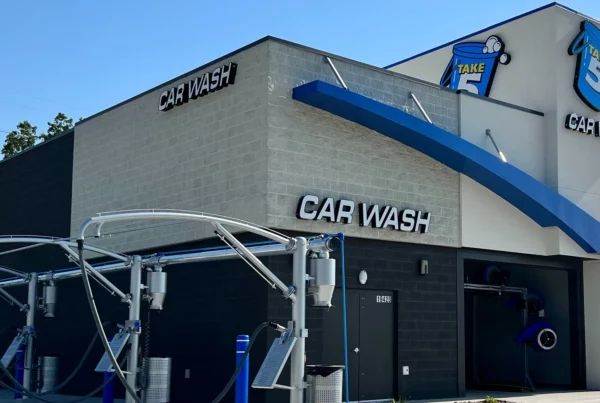How Multifamily Owners Can Take Advantage of Opportunity Zones
01/28/2019
When the 2017 Tax Cuts and Jobs Act passed, accountants, investors, entrepreneurs and others scrambled to understand the implications- for multifamily owners there is one clear benefit, the creation of Qualified Opportunity Zones. This month, I have asked Michael Hurwitz and Abe Schlisselfeld of The Real Estate Group at Marks Paneth LLP to provide some insight about these Qualified Opportunity Zones (“QOZ”).
As most real estate professionals already know, the QOZ “Opportunity Zone” program encourages and incentivizes capital investment in underserved neighborhoods by giving investors substantial tax savings.
After initial uncertainty around QOZs and what they mean for multifamily investors (and owners of apartment buildings that can’t be developed), Proposed Treasury Regulations issued in October 2018 have provided more detail.
Who Can Take Advantage of Qualified Opportunity Zones
Who is eligible to take advantage of QOZs? Any taxpayer or tax-paying entity, including:
- Individuals
- Corporations
- Partnerships
- Real estate investment trusts (REITs)
- Trusts, estates and other pass-through entities
Through the program, individuals and entities can reinvest capital gains into what’s known as a Qualified Opportunity Fund (QOF). Gains invested in a QOF can then be reinvested into a Property located in an opportunity zone, which defers taxation on the gain.
There is a deadline, though. Individuals and entities have only 180 days to reinvest the capital gains. How is the 180-day window calculated? There are special rules for partnerships and the involved partners. In short, the partnership may use either:
- The day the partnership recognized the gain, or
- The last day of such year in which the gain was recognized
Similar rules apply to trusts, estates and S-Corporations that are looking to reinvest in QOFs prior to the close of the 180-day window.
The Tax Benefits of Investing in Qualified Opportunity Zones
The Opportunity Zone program will be popular among investors for 3 reasons:
- Temporary Tax Deferrals: Investors enjoy a temporary tax deferral of capital gains that are redeployed into a QOF.
- Reduction of Capital Gains: Any taxpayer holding interest in a QOF for at least 5 years can increase the investment basis by 10% of the deferred gain (and 15% if the investment is held for 7 years).
- Permanent Gain Exclusions: Taxpayers holding an interest in a QOF for 10 years or longer will owe no tax on the appreciation of interest in the QOF.
Specific Steps to Achieve Gain Deferrals and Exclusions
Sifting through QOZ-related rules and regulations can feel overwhelming. To give you a sense of how these rules work in action, here’s an example of steps that can be taken to access the QOZ program’s gain deferrals and exclusions:
- A taxpayer and a managing member form a QOF structured as a partnership.
- The taxpayer reinvests a capital gain into the QOF.
- The QOF uses the cash to acquire a QOZP — such as a dilapidated residential apartment complex.
- The QOF makes plans to substantially improve the complex within the 30 months.
What if I Purchase an Apartment Building in a QOZ and Don’t Renovate?
As stated above, in order to achieve the original deferral of capital gains, the investors must substantially improve the property within 30 months. If those renovated are not made, or not made in that timeframe, the taxable gain will be due. There has been much press and hype about an “increase in value” for properties located in Opportunity Zones. While the economics for development sites have improved, if a substantial rehabilitation of the property cannot occur within 30 months, there is no tax benefit for the buyer. The increase in value will (hopefully) come as a result of the infusion of capital to surrounding assets that improve the neighborhood. As the saying goes “a rising tide lifts all boats.”
Final Thoughts on Taking Advantage of the New QOZ Program
Qualified Opportunity Zones offer a unique opportunity for significant savings — which is why so many multifamily owners and investors are talking about them. But, like with any investment vehicle, investors should enter the QOZ program with care.
The Real Estate Group at Marks Paneth will be closely monitoring the developments in the QOZ program. If you have any questions, please feel free to reach out to me or visit www.markspaneth.com/opportunityzones.
facebook LinkedIn Instagram Twitter




